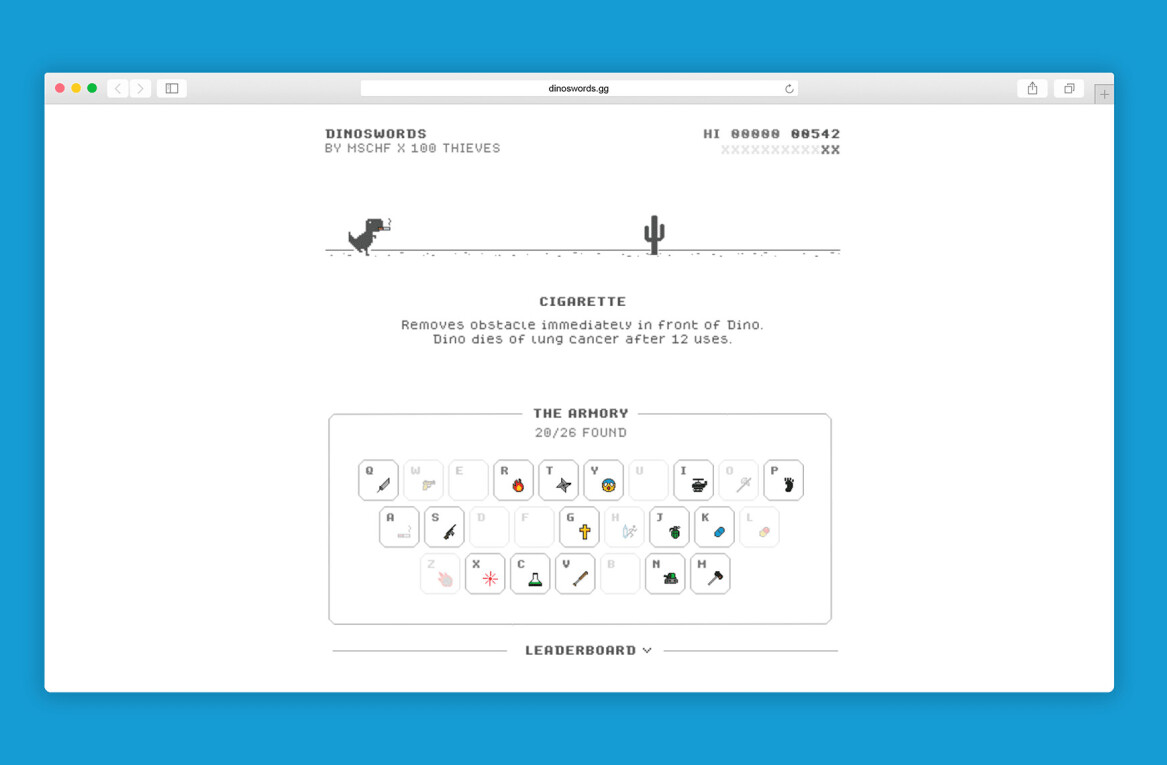
“It pisses me off that women get paid less than men for the same work. So I made a web site.”
These were the words that serial tech entrepreneur Gina Trapani tweeted when she woke up this morning, obviously fed up with the countless examples of our unbalanced world. The website she created is called Narrow the Gapp; it’s designed to both raise awareness of the disparity between gender income levels and invite developers to make an app that uses available data to help job seekers and employers narrow this pay gap between men and women.
As Trapani writes on her site, “Nearly 50 years after President Kennedy signed the Equal Pay Act, on average women are still paid less than their male counterparts for doing comparable jobs in the U.S. — that’s called the pay gap. It means that each time the average woman starts a new job, she’s likely to start from a lower base salary than her male counterparts.
“Just as interest compounds, so does the pay gap. As a woman moves from job to job during her career, the pay gap between her and her male colleagues is likely to become wider and wider.”
One of the many facts on Trapani’s site states:
Women computer scientists and systems analysts make 78 cents to the dollar men earn doing the same job.
That’s $282 out of a weekly paycheck, which means she gets paid $14,664 less per year.
Why are women paid less than men? Many will argue that we don’t negotiate for higher base salaries or that we don’t ask our bosses for promotions or raises. We settle. We don’t speak up enough. We don’t sit at the table, as Sheryl Sandberg would say.
The more intellectual amongst us will argue that we shouldn’t be pitting genders against each other in this way. We should focus on human beings as individual– whether that’s a dominant woman or a shy, introverted man.
One fact remains: men control more of the world’s resources than women. And unfortunately, I believe this causes many serious societal problems that are often overlooked as being an effect of this cause. What problems am I referring to? Take divorce for example. Can you think of any examples where monetary disparity may have played a role in either the marriage or divorce of a couple? I can.
Without wanting to turn into a total hippy on you, think with me for just a moment: We’ve never lived in a society where both men and women share an equal amount of the world’s resources. Have you ever wondered if we lived in a world with equal parts Ying and Yang what life would be like?
Developers interested in accepting Trapani’s challenge may submit their world-changing creation to the Equal Pay App Challenge between now and March 31st, 2012.

Get the TNW newsletter
Get the most important tech news in your inbox each week.




